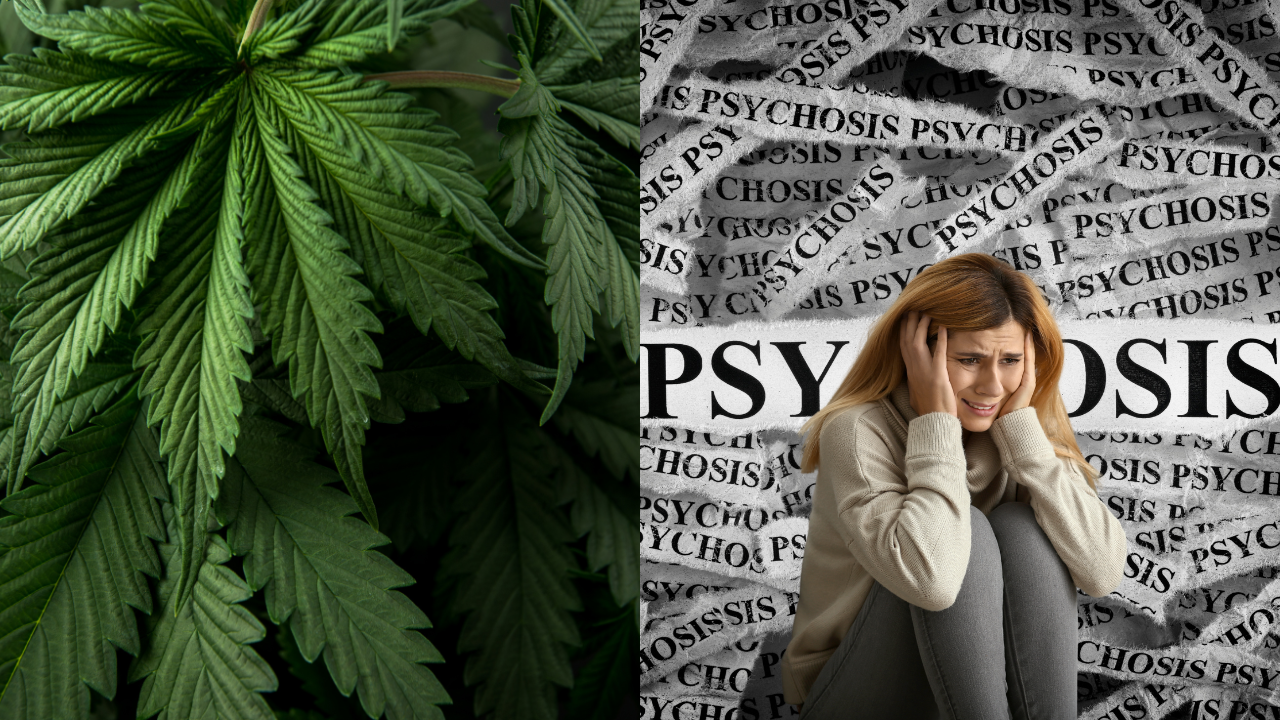The Rise of Cannabis-Induced Psychosis in the UK: What It Is and Why You Should Know

Credits: Canva
SummaryCannabis use may be falling in the UK, but cases of cannabis-induced psychosis are on the rise. Stronger strains like skunk are fuelling paranoia, hallucinations, and long-term mental illness, shattering the myth that weed is harmless.
End of Article
